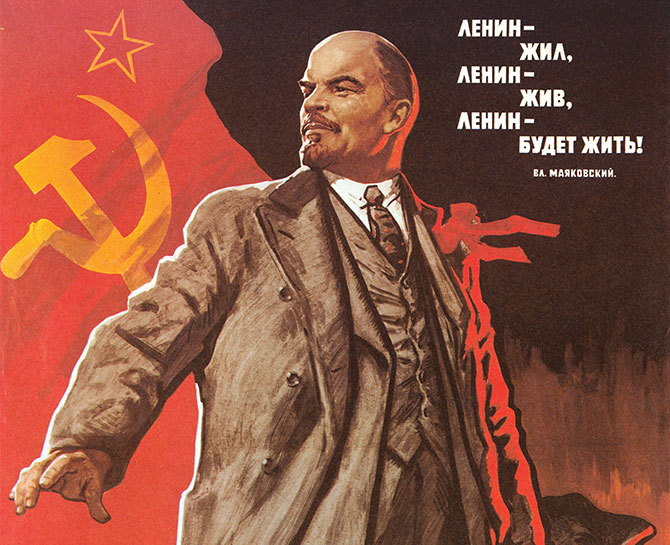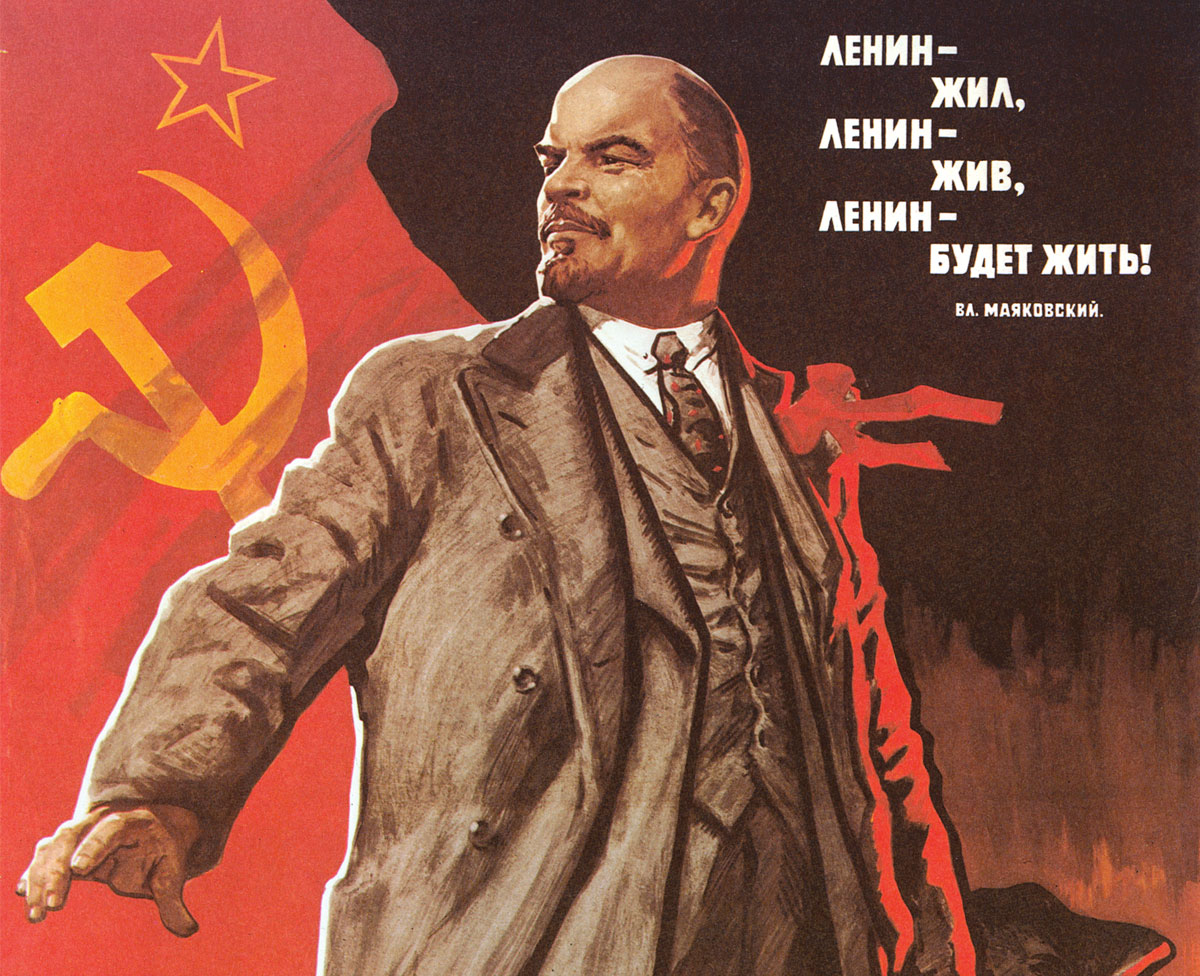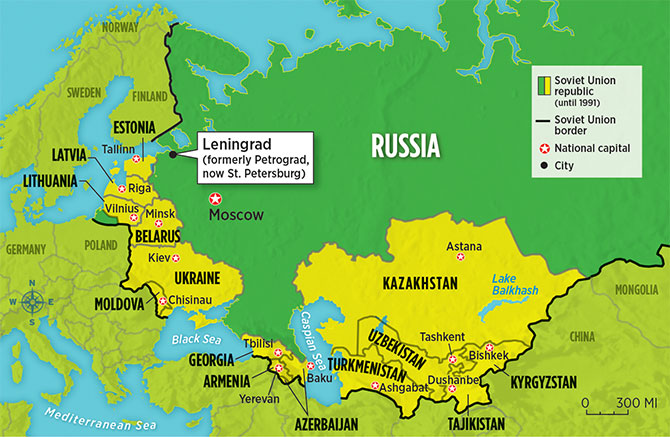Alexei (ah-LEK-say), son of Czar Nicholas II and Czarina Alexandra
Alexandra, wife of the czar
Felix Yusupov (yoo-SOO-pof), Russian prince
Dmitry Pavlovich (duh-MEE-tree PAH-vluh-vich), Russian duke, relative of Nicholas II
*Baker
*Woman 1
*Woman 2
*crowd of Women
Nicholas II, czar (zahr) of Russia
Alexander Guchkov (GOOCH-koff), member of the Duma, Russia’s parliament
Vasily Shulgin (vah-SEE-lee SHOOL-gin), member of the Duma
Alexander Kerensky (KER-en-skee), leader of the Russian Provisional Government
Maria Bochkareva (buch-kuh-ROH-vuh), leader of the Women’s Death Battalion
Leon Trotsky, Bolshevik
Vladimir Lenin, Bolshevik leader
Lev Kamenev (KAH-men-ev), Bolshevik
Vladimir Antonov-Ovseenko, Bolshevik
*Red Guard 1
*Red Guard 2
Narrators A-E
*Indicates a fictional or composite character. All others were real people.







